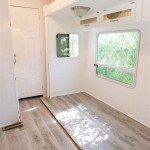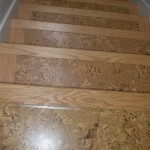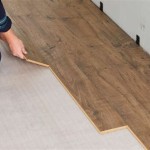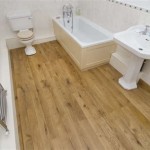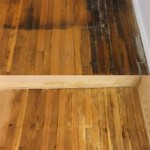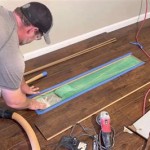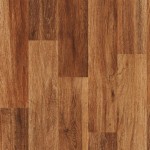Brazilian Teak Hardwood Flooring: Pros and Cons
Brazilian teak, also known as Ipe, is a highly sought-after hardwood prized for its exceptional durability and rich, reddish-brown hue. Its exceptional strength, resistance to rot and insects, and stunning appearance make it a popular choice for both indoor and outdoor flooring applications. However, as with any material, it's essential to weigh the pros and cons before making a decision.
Pros of Brazilian Teak Hardwood Flooring
- Exceptional Durability: Brazilian teak is renowned for its extreme hardness and density, making it resistant to wear, scratches, and dents. This durability ensures that your flooring will retain its pristine appearance for many years.
- Natural Resistance: Brazilian teak naturally resists decay, insects, and moisture, making it an excellent choice for humid environments and outdoor applications. This resistance eliminates the need for chemical treatments and ensures a long-lasting floor without damage.
- Stunning Appearance: Brazilian teak's natural reddish-brown color and beautiful grain patterns create a sophisticated and luxurious look that complements any décor. Its rich tones enhance the ambiance of any room, making it an eye-catching addition to your home. li>Investment Value: Brazilian teak flooring is an investment that adds value to your property. Its durability and resistance to wear and tear ensure that it will last for generations, increasing the resale value of your home.
Cons of Brazilian Teak Hardwood Flooring
- Expensive: Brazilian teak is a premium hardwood, and its high demand and limited supply make it one of the more expensive flooring options. Its exclusivity and rarity drive up its cost compared to other hardwood species.
- Difficult to Install: Brazilian teak is extremely hard, making it more challenging to cut and install. Proper installation requires specialized tools and skilled professionals, which can add to the overall cost of the project.
- Fading: While Brazilian teak is naturally resistant to fading, prolonged exposure to direct sunlight can cause the color to fade over time. In areas with excessive sunlight, regular maintenance and protection are necessary to preserve the original hue.
- Limited Availability: Due to its slow growth rate and sustainable harvesting practices, Brazilian teak is not as widely available as other hardwood species. This limited availability can affect lead times and may require a longer waiting period for installation.
Conclusion
Brazilian teak hardwood flooring is a premium choice that offers exceptional durability, resistance, and aesthetic appeal. However, its high cost, installation challenges, and limited availability should be carefully considered. If you prioritize durability, value, and a stunning appearance, and are willing to invest in a high-quality flooring solution, Brazilian teak is an excellent choice. However, if budget or installation complexity is a concern, other hardwood species may be more suitable.

The Pros And Cons Of Teak Flooring 2024 Today S Homeowner

Brazilian Teak Hardwood Flooring S Colors Hardness

Problem With Brazillian Teak Flooring Cumaru

Brazilian Teak Wood Properties Pros Cons Versatile Uses

Brazilian Teak Hardwood Flooring S Colors Hardness

Pros And Cons Of Hardwood Flooring Checkatrade

Hardwood Flooring Non Slip Wooden Coating Slipdoctors

Help With Cumaru Brazilian Teak Hardwood Floors Keep Or Replace

Mahogany Wood Floor The Pros Cons And Costs Explained

Pros And Cons Of Hardwood Flooring Checkatrade
Related Posts

